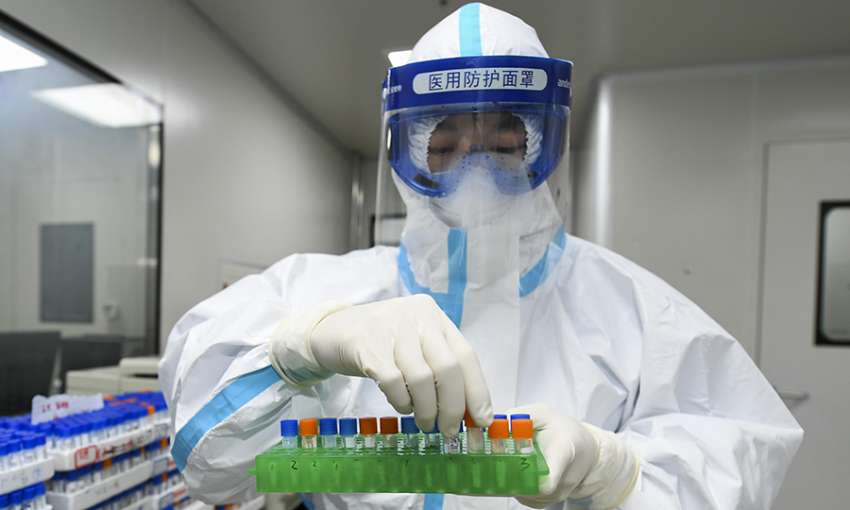The Serum Institute, which is the world’s largest vaccine manufacturer, said it could take up to two years to inoculate all the people in India.
New Delhi, July 22:
The coronavirus vaccine developed at the Oxford University will be in India by November and will ultimately cost Rs 1,000, said the Indian firm partnering the UK researchers. The manufacturing of the Covishield vaccine had started parallelly with the clinical trials, the first phase of which got positive results. Adar Poonawala, the chief of the Serum Institute of India told NDTV that the decision to push in 200 million dollars into an untested drug took exactly 30 minutes — the risks were compounded by the fact that that if the clinical trials in the remaining phases do not get good results, the entire stock has to be destroyed.
The trial results published in The Lancet medical journal this week said the vaccine had a favourable response in the first phase of clinical trials. It did not prompt any serious side effects and elicited antibody and T-cell immune responses.
The Serum Institute, which is the world’s largest vaccine manufacturer, said it could take up to two years to inoculate all the people in India.
“We are confident on going on to the Phase 3 trials in India in August and we forecast that it will take probably two to two-and-half months to complete… By November, we hope to launch the vaccine if the trials are positive and if the Drug Controller of India blesses it and says it is safe and effective,” Mr Poonawala told NDTV.
Along with the Indian population, half the stock of Covishield manufactured at the Serum Institute will be exported — which would mean that out of roughly 60 million vials made each month, India will get 30 million.
Explaining the decision, Mr Poonawala said even protecting our country first is seen as a patriotic duty, ultimately it will not work out in the country’s best interests.
In the era of globalisation, “health experts and economists have made it very clear that unless the whole globe is vaccinated and the vulnerable populations are protected, the fear factor will not allow factories and businesses to open everywhere, which means India, which is dependent on imports and exports, would also be affected,’ he said.
The leaders of the country have “understood” the situation, he added.
Asked who would get the vaccines first — corona warriors or the vulnerable population, he said the decision is best left to epidemiologists.
Explaining the situation, he said it is not known how effective the vaccine is going to be. A trial can only tell whether a vaccine is working but how well it is working, how many people it will protect is not known.
“If you look at all other vaccines, they’re normally 70 to 80 per cent effective. So maybe 2 out of 10 people may still get the disease,” he said. “So is it really going to protect you and save the day? Only time will tell,” he added.
The Oxford vaccine is one of more than 100 being developed across the world and its human trials started on April 23. Clinical trials of seven others — some of them located in China and the US — are also being held.
Asked how the risky multi-million dollar decision was made, Mr Poonawala said, “We just thought of it as a moral responsibility that we have to take this commitment and it was a 30-minute decision or less than that where we came to a unanimous conclusion that we have to just go ahead”.




